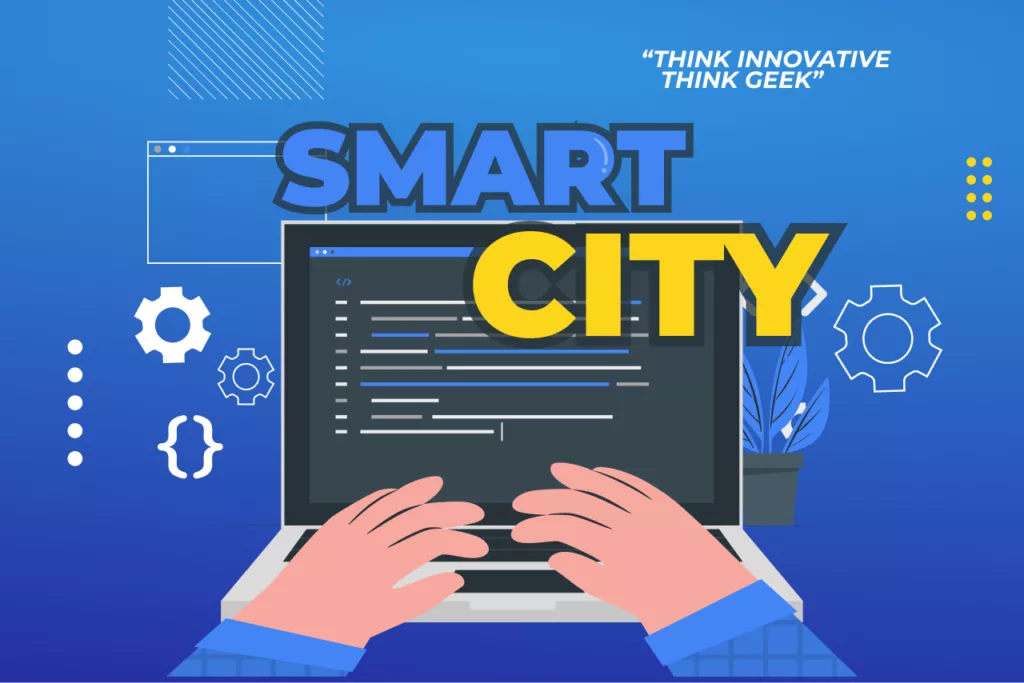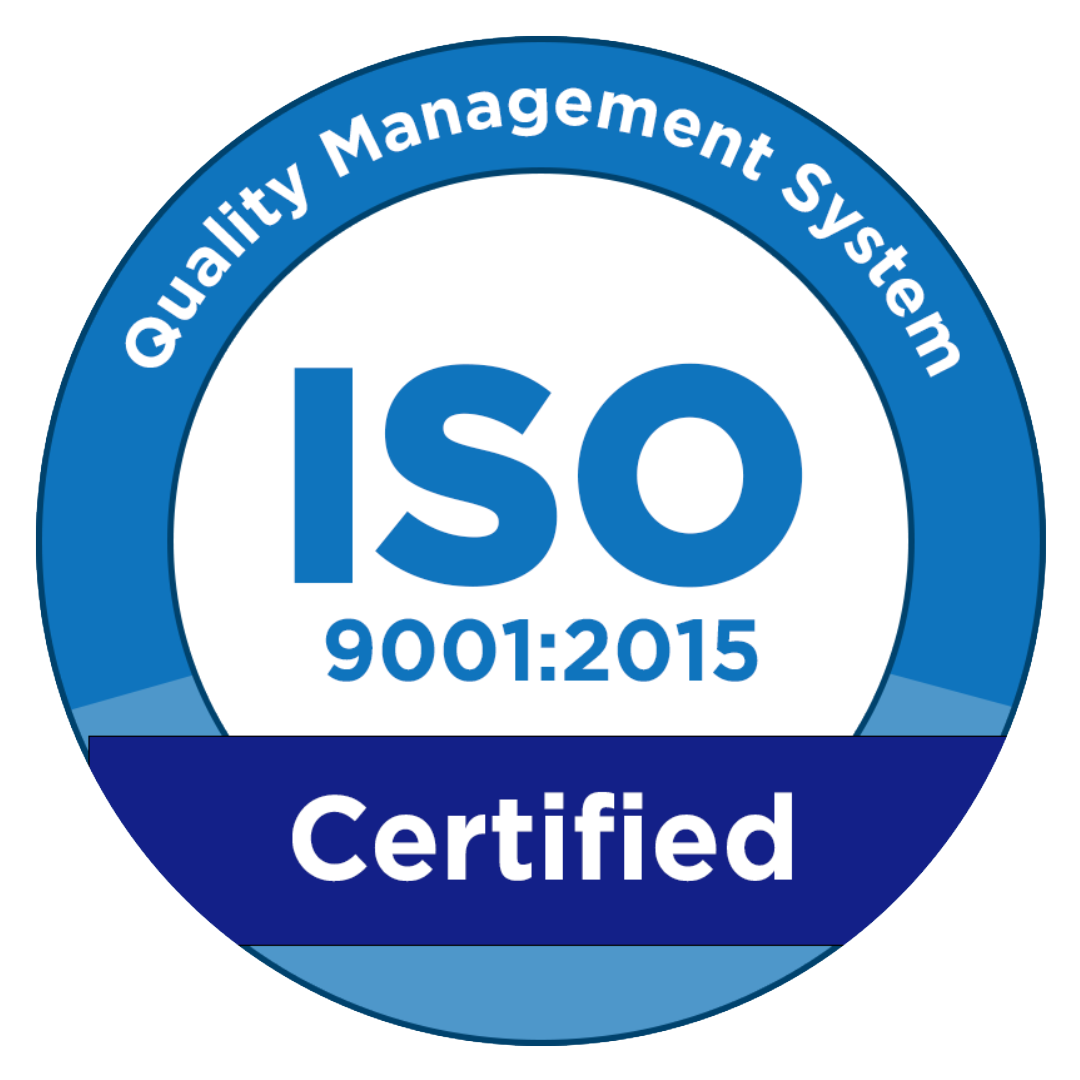The smart city represents a groundbreaking innovation in the digital revolution, significantly impacting various sectors, including manufacturing. By integrating advanced technologies, smart cities are evolving to become more efficient, eco-friendly, and innovative.
This article will root into smart cities are and their implications for the future of manufacturing. Thus, check out this article for deeper information regarding this concept and the future of manufacturing.
What is A Smart City?
A smart city employs digital technology to optimize resource management, improve residents’ quality of life, and support environmental sustainability. By leveraging the Internet of Things (IoT), Artificial Intelligence (AI), and Big Data, it can optimize public services, reduce carbon footprints, and improve interactions between citizens and government.
In the industrial field, including manufacturing, it plays a crucial role in fostering innovation. The Industrial Revolution 4.0, characterized by automation and digitalization, has significantly influenced the development of it and manufacturing.
Both sectors are advancing rapidly due to the integration of smart technologies that accelerate production processes, improve efficiency, and minimize human error.
Several cities around the world have already adopted the smart city concept, including Amsterdam, Barcelona, Tokyo, Songdo, and Surabaya. Surabaya, in particular, is a prominent case of a smart city in Indonesia that continues to evolve.
The Role of Technology in Smart City Development
Without technological innovation, transforming a conventional innovation into a smart city would be impossible. Key technologies facilitating the growth of smart city, particularly in sectors like agriculture and manufacturing, including these things:
1. Internet of Things (IoT)
IoT enables devices to connect and share data in real-time, such as environmental sensors or traffic systems. This connectivity allows users to engage in activities, process, and transmit information automatically.
2. Artificial Intelligence (AI)
AI supports data analysis conducted by IoT and other systems to make more informed and intelligent decisions. Through AI, smart cities can efficiently monitor environmental quality, including air, water, and weather conditions.
3. Big Data
Data collected from various devices in a smart city can be used to analyze patterns, predict future need, and enhance efficiency.
Current Technologies in the Manufacturing Sector
In the modern digital age, manufacturing is also experiencing significant technological advancements. Some technologies currently being adopted in manufacturing to support smart cities include:
1. IoT in Smart Manufacturing
IoT plays a vital role in smart manufacturing. With sensors placed at various production points, data can be collected and analyzed in real-time to boost productivity and efficiency. Other than that, IoT enables real-time monitoring of production processes and early detection of issues.
2. Robotics and Automation in Production
Robotics has long been a part of manufacturing, but in the era of smart city, their role is increasingly critical. Automation not only enhances efficiency but also reduces reliance on human labor for repetitive tasks.
3. Cloud Computing and Supply Chain Management
Cloud computing supports efficient supply chain management in smart manufacturing. Production and inventory data can be accessed from anywhere, facilitating real-time decision-making.
4. Virtual Reality (VR) in Design and Production
VR technology allows designers and engineers to visualize and test products before manufacturing. This reduces costs and time associated with new product development.
Collaboration Between Smart City and Manufacturing
This concept has a profound impact on the manufacturing industry. Smart cities provide infrastructure that supports the development of smart factories. This collaboration is evident in several ways:
1. How Manufacturing Supports Smart City Infrastructure
The manufacturing sector plays a crucial role in providing technologies and products that support its infrastructure, such as sensors, transportation tools, and renewable energy systems.
2. Smart Cities as Innovation Ecosystems for Manufacturing
The smart city offers an ecosystem that fosters innovation, with easy access to data, digital infrastructure, and supportive regulations.
3. Application of Smart City Technologies in Manufacturing Facilities
Manufacturing facilities in smart cities utilize technologies such as IoT, AI, and cloud computing to enhance their operations.
Benefits of Smart City for the Manufacturing Industry
The adoption of these technologies offer numerous advantages for the manufacturing sector, including:
1. Energy and Resource Efficiency
It uses technology to monitor and optimize energy usage, which can be applied in factories to reduce energy consumption and operational costs.
2. Waste Management and Emission Reduction
Improved waste monitoring and management systems in smart city enables factories to lower their carbon emissions and support environmental sustainability.
3. Economic Growth
Collaboration between smart city and manufacturing drives local economics growth through job creation and product innovation.
4. Increased Productivity and Reduced Operational Costs
Smart technologies enhance productivity by minimizing machine downtime and boosting operational efficiency.
5. Enhanced Security and Reliability
Advanced digital infrastructure improves security in manufacturing facilities, including data and production system security.
The Future of Smart Cities and Manufacturing
Looking ahead, technological advancements will continue to drive progress in smart city and manufacturing. Predictions suggest that technologies such as AI, IoT, and blockchain will be increasingly integrated into production processes and smart city infrastructure.
The connection between this technology and manufacturing will become more collaborative, fostering innovation that supports sustainability and efficiency.
Globalization will accelerate the adoption of smart technologies in major cities worldwide, driving growth in the manufacturing sector.
Smart cities are not just a futuristic concept but an evolving reality globally. For the manufacturing world, smart cities present a significant opportunity to innovate, improve efficiency, and support sustainability.
With close collaboration between smart city and smart factories, we can anticipate a brighter future for both industrial and urban landscapes. For that reason, GeekGarden offers innovative and integrated solutions through its manufacturing software services. By considering your business needs, GeekGarden helps enhance productivity and overall efficiency. Contact GeekGarden today to transform your business for the better.
Author: Sari Dewi (Content Writer)
Editor: Helmi Maulidina (SEO Specialist)















